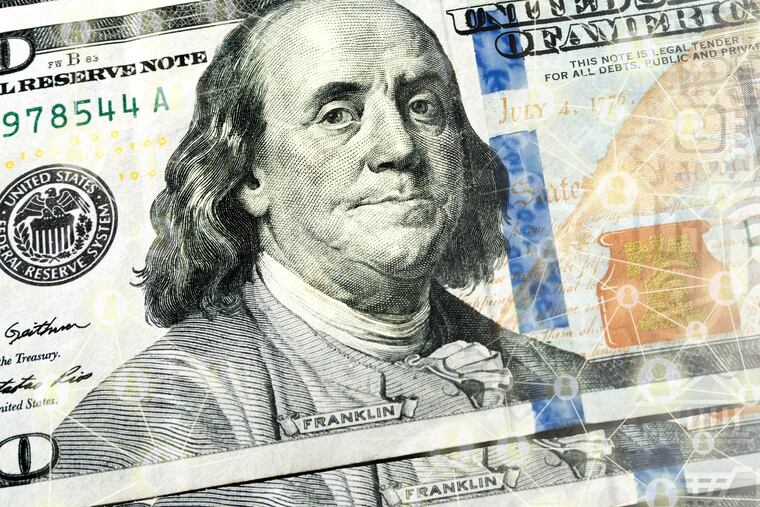Pennsylvania flunking when it comes to higher education| Editorial
State leaders should think of higher education as a form of economic development — a policy it spends $867 million on already — because college graduates help build a strong economy.

Pennsylvania is undermining its own future by defunding higher education at an alarming rate. In a report earlier this month, the national Center on Budget and Policy Priorities said Pennsylvania has cut higher-education spending by a whopping 37.3 percent since the 2008 recession. That's more than every other state except Arizona and Louisiana.
Much of the burden of lost funding is picked up by students. Those "entering the state system in 2013-14 paid tuition of $9,561, 48 percent over its level at the turn of the century … in part because the state appropriation had fallen," the Pennsylvania Budget and Policy Center reported in January. Now, average tuition at Pennsylvania's 14 public universities is $10,747.
But higher tuition, which puts college out of reach for too many students, is not enough to make up for a lack of funding. State colleges have reduced course offerings and cut faculty.
To reverse the downward trend, the Pennsylvania budget center suggests investing $1 billion a year into higher education. Funds can be used to expand community colleges as well as grant and low-cost loan programs for two- and four-year students. This year, the state spent $1.7 billion on its universities and community colleges.
The center offers a range of ideas for funding sources, including raising taxes on all personal income except wages and interest, increasing the corporate net income tax rate, a natural gas severance tax, and a higher personal income tax rate for the highest earners.
Most of these suggestions are unlikely to gain widespread support, but even more controversial is a state that can't connect the dots between higher education and expanding our economy. Consider the facts: People who go to college earn more money, spend more money, are less dependent on government programs, and pay more in taxes than those who don't.
Consider, too, the less-than-stellar growth Pennsylvania is experiencing; according to the Bureau of Economic Analysis, the state ranked 19th in GDP growth in the first quarter of this year.
State leaders should think of higher education as a form of economic development — a policy it spends $867 million on already — because college graduates help build a strong economy. In a study of 261 metro areas, "each one-year increase in average education beyond high school was associated with a rise in Gross Domestic Product per capita of 17.4 percent and wages of 17.8 percent," notes budget center economist Mark Price.
Workers with a bachelor's degree earn 67 percent more, and have a lower unemployment rate, than those with a high school diploma, according to the College Board.
And, workers need more than a high school diploma to compete for jobs. In a 2016 report, the Philadelphia-based think tank Research for Action said that by 2020, "63 percent of new jobs in Pennsylvania will require some college education."
In January 2019, Pennsylvania will have a newly elected or reelected governor and legislature. They should use the earliest months of their terms to help Pennsylvania by figuring out how to make higher ed a higher priority.